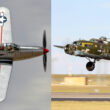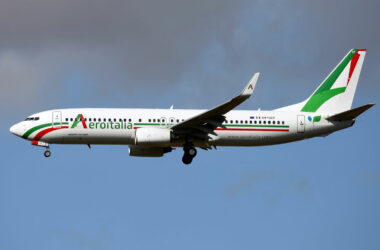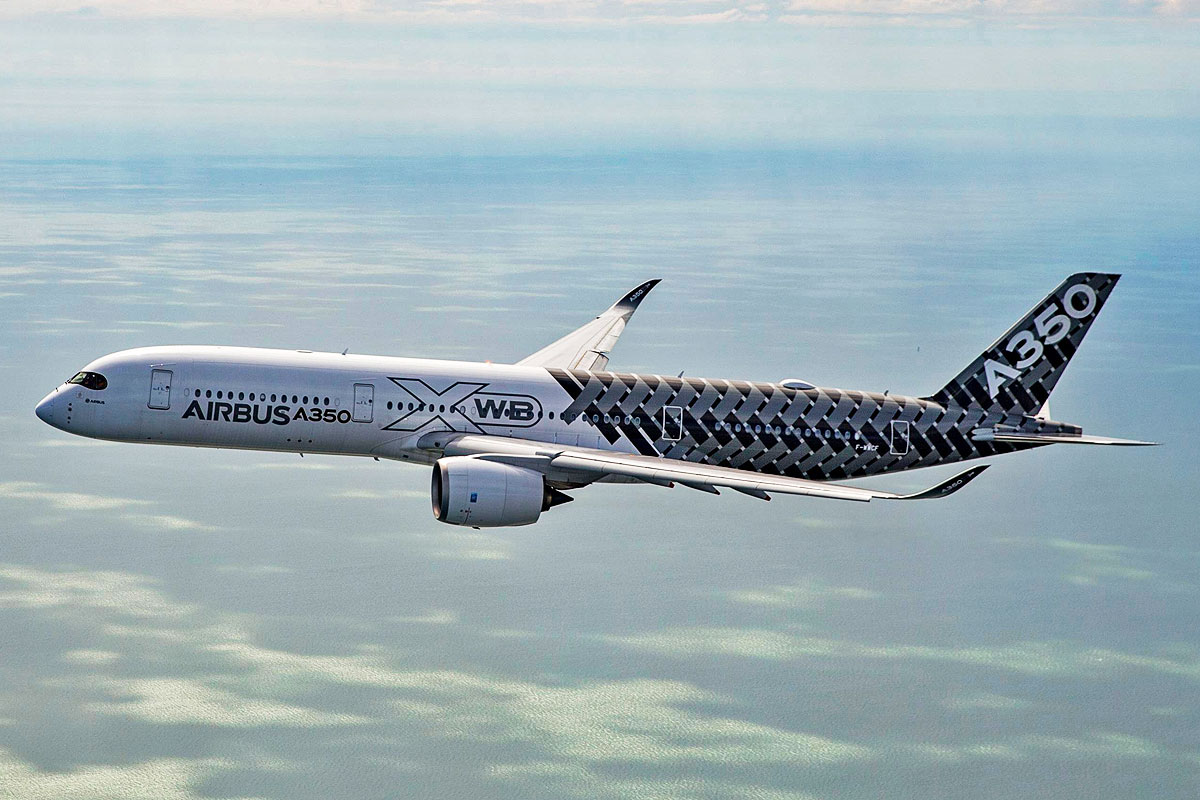Air Tanzania announced last week a reduction in its flights caused by the unavailability of Airbus A220-300 jets.
The problem involves the PW1500G engine, supplied by Pratt & Whitney and which has long required replacement of parts of a high pressure section, as well as adjustments in the control software of the FADEC (Full Authority Digital Engine Control) system.
Air Tanzania has four A220-300s in its fleet, but only one of them, the 5H-TCI, is in service. On 5 November, the carrier performed the last flight with the A220 registration 5H-TCL while the Airbus 5H-TCM has not flown since 27 August. There is a fourth A220-300 (5H-TCH) that had already flown to the Netherlands in January for storage.
“Due to the worldwide technical challenges of the PW1524G-3 engine used in the Airbus A220-300 aircraft and considering safety requirements, we have been following professional instructions to provide quality and safety service. And sometimes we take the birds in cycle to meet the requirements of the manufacturers of these engines. These measures have caused delays in our flights while this challenge is being resolved,” the company said in a statement on Twitter.
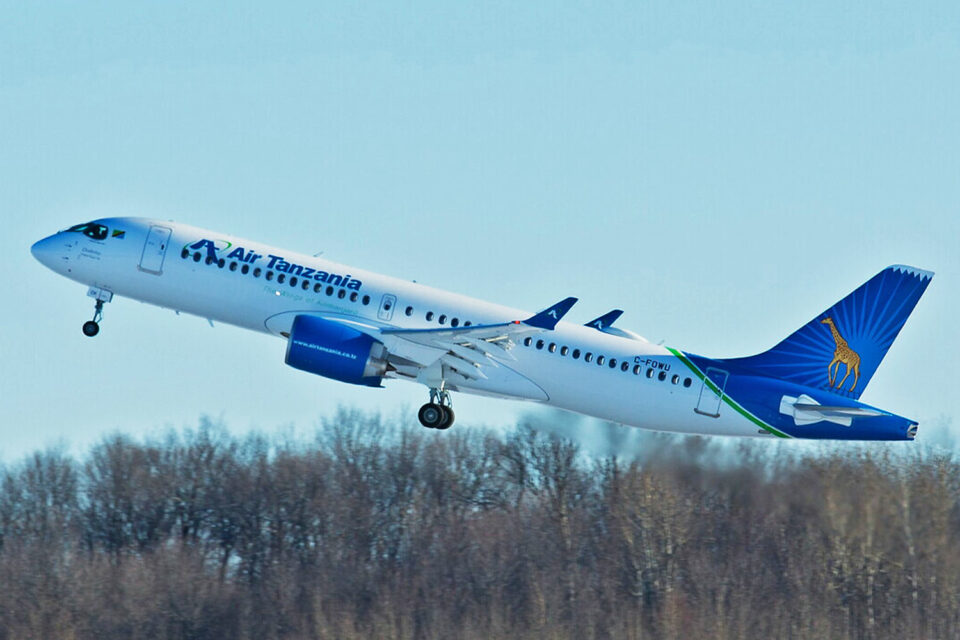
In an interview with Air Insight, Air Tanzania CEO Ladislaus Matindi said he does not have a forecast of when the aircraft will return to service. “There are not even enough spare engines to keep us going as the affected engines visit the repair shop,” said the chief executive.
The impact of the suspension of flights is quite large on Air Tanzania, which operates few aircraft. In addition to the A220s, it has five Dash 8 turboprops and two Boeing 787-8s.
Similar engine in Embraer E2 aircraft
The failures that affect the PW1500G turbofans can also occur with the PW1900G model, which are fitted to the Embraer E190-E2 and E195-E2.
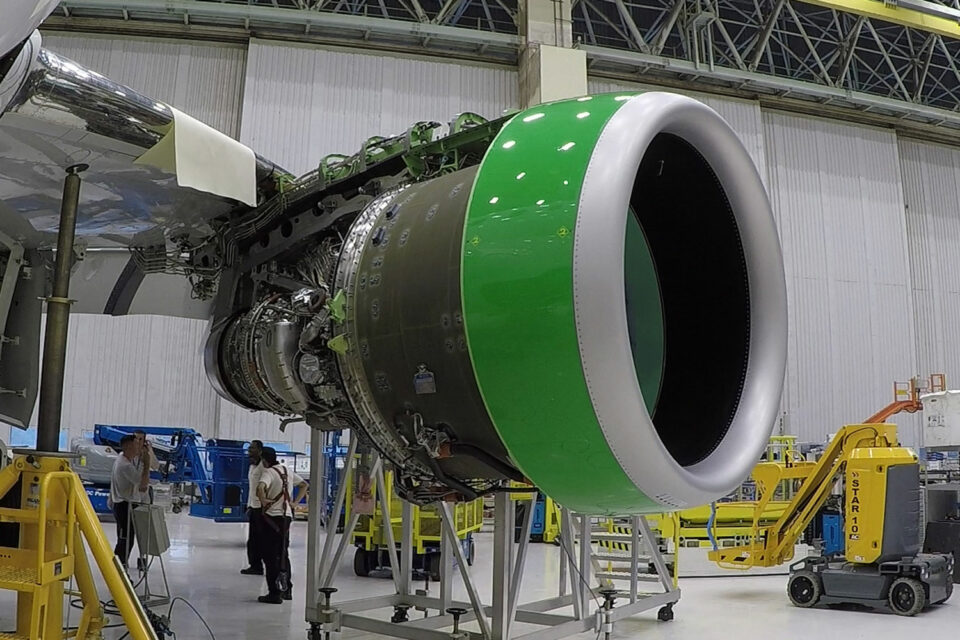
Rival aircraft benefited from the enormous efficiency of Pratt & Whitney’s GTF (Geared Turbofan) engine, which allows for a significant reduction in both noise and pollutant emissions, in addition to consuming less fuel.
According to PW, there are 280 aircraft flying with GTF engines in the world today, but not all are affected by the problem. Swiss and Air Baltic went through similar situations, for example.



